Emotional Eating
Content: Dr Eman Zaky. Editor: Zeina Ehab • April 25, 2021
Illustrative Guide to Overcoming Emotional Eating

What is emotional hunger?
Book an Online Appointment
The vicious circle of eating up our emotional struggles to numb the pain or combat the stress.
We've all had bad relationships with others, which typically manifests itself in our eating habits. For example, getting a huge Haagen-Dazs ice cream bucket after a break up is a classic. Or ordering a KFC combo meal then going on a guilt trip is one way to punish oneself for mistakes and rejections. When confronted with emotional problems, we appear to be irrational and lose control of our bodies by engaging in self sabotage.
Consuming the salt, sugar and grease hoping that this dopamine rush will only cover up for the failures and depression. What it really does is sedate you for a few moments before the dopamine rush wears off and the calories are processed as fat mass. And you've gotten worse, and you're no longer the same happy healthy person.
Last thing you know, you are now a hostage in a vicious circle of eating comfort food to numb your emotional discomfort, gaining weight and thinking you’re looking terrible, experiencing more pain and shame.
Is comfort eating bad for you?
Do you eat when you're stressed out because it's the only exit you know? If you answered yes, you'll have to train yourself to be more realistic when it comes to food decisions. Also, to avoid exaggerating guilt feelings over a couple of bad meals. Beating yourself up about it will increase your stress levels, which will cause your stress hormone, cortisol, to spike, causing you to crave more comfort food in a negative way.
In fact, eating the right amounts of comfort food is not all bad. One scoop of ice cream, for example, is preferable to digging deep into the entire bowl. More often, popcorn is preferable to chips when it comes to binging.
On another side, differentiating between emotional and physical hunger is a key to embracing emotional eating in a healthy way.
For instance, emotional eating normally occurs unexpectedly, as a result of a strong desire for certain foods. Typically, you will not be happy and will feel guilty and helpless over food. This may be the start of a downward spiral into eating disorders like bulimia and binge eating. On the contrary, when you are physically hungry, any food may sound appealing, and it will never make you feel guilty or ashamed of eating.
How do I stop negative emotional eating?
1- You must understand and break the conditional connection that exists between our emotional problems and disagreements on one side and our eating behavior on the other. As a result, this can assist you in prioritizing your health and fitness over all.
2-Put yourself first and maintain control over your body no matter how powerful the temptation is; when feeling down or frustrated, find new ways to indulge your senses.
3-Don't give up and lock yourself in the fridge. Instead, get out there and exercise; the endorphins would make you feel much better.
4-Stay Strong and conquer your fears!
Now more than ever, we need emotional and physical health guidance. Reach out to get your plan.



